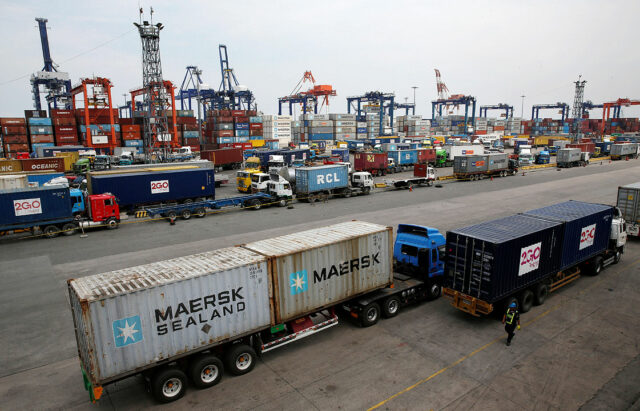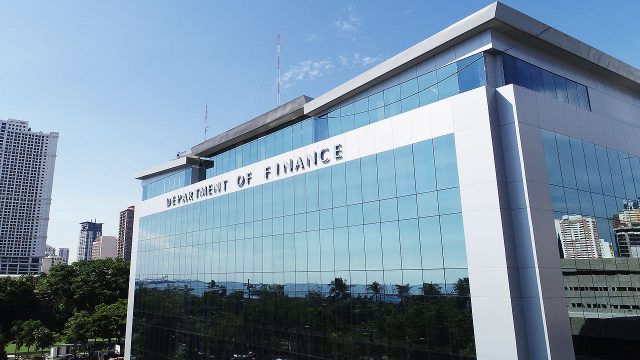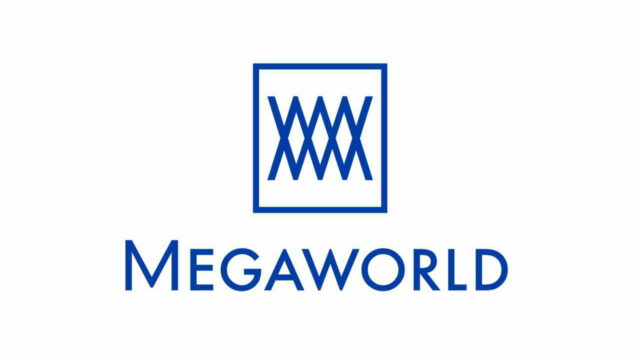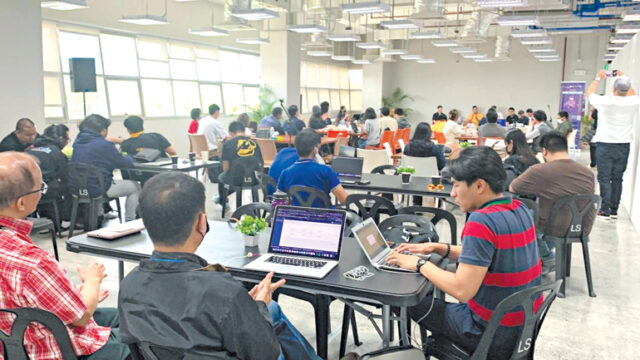Company success is now measured not only by financial performance but also by its reputation as an employer. Leading organizations stand out by excelling in their industries while prioritizing employee well-being and fostering a culture of trust and support.
The focus on being a trusted employer has become a crucial factor in attracting and retaining top talent, driving innovation, and ultimately ensuring long-term and sustainable success. As businesses and employees adapt to these changes, several key trends are emerging, redefining how work is conceptualized, structured, and experienced.
As Statista’s Philippines’ Best Employers 2024 ranking reflect, the top companies in the country have successfully implemented strategies to attract and retain employees. These companies have demonstrated their commitment to creating a positive work environment, fostering employee growth, and building a strong company culture.
Importance of work-life balance
Achieving a harmonious balance between work and personal life is crucial for maintaining the well-being and productivity of employees in today’s work culture. It significantly impacts mental and physical health, job satisfaction, and overall quality of life across different industries.
McKinsey & Company’s report highlights that work-life balance and compensation are key factors affecting employee experience. Leading employees prioritize caring leaders, meaningful work, and safe workplace environments, emphasizing the importance of a holistic approach to employee satisfaction.
Recognizing the importance of work-life balance, top employers in the Philippines implement policies and initiatives that support their employees’ well-being. Companies like Google, Unilever, and Microsoft have implemented flexible work arrangements, generous leave policies, and wellness programs to support their employees’ physical and mental health.
The Gen Z and Millennial Survey by Deloitte also highlights that maintaining a positive work-life balance is a top consideration for these generations when choosing an employer. The survey indicates that flexible work options, such as part-time jobs and job-sharing, are highly valued by younger employees. It also addresses the impact of work-life balance on mental health and stress levels among employees.
A path to career growth
According to employee enablement platform Zavvy, replacing a trained employee can cost up to 200% of their annual salary — emphasizing the need for continuous training and development to retain valuable talent. Providing e-learning training opportunities can increase retention rates by 60%, as employees appreciate the flexibility and autonomy to learn at their own pace.
However, 59% of the employees claim to be self-taught, indicating a lack of formal training in many organizations. Only about one-third of employees are satisfied with their job-specific training, and one in three employees believe their company’s training processes are outdated.
Millennials, who now make up the majority of the active workforce, are eager for leadership training, with 60% of surveyed millennials expressing a desire for such opportunities. According to Global Leadership Forecast, effective leadership development programs as an inclusive approach to career development is 4.2 times more likely to outperform restrictive practices.
Despite this, less than 5% of companies implement leadership development universally, presenting a significant opportunity for improvement. The University of Phoenix’s Career Optimism Report highlights a significant concern regarding the lack of optimism about career development opportunities. According to the findings, 29% of workers express a lack of access to upskilling or training.
To address low employee engagement scores and growing disengagement, organizations must prioritize scalable and actionable employee development strategies, according to McKinsey. This includes having regular career development conversations, creating a short-term action plan, and ensuring transparent interactions.
Furthermore, redefining career development to focus on growth within current roles, rather than solely on promotions, can also help broaden development opportunities and cater to employee aspirations.
Redefining employee experience
Strong company culture and values are commonly linked to significant benefits for businesses. Companies that prioritize these aspects often find themselves at a competitive advantage, not only in terms of market performance but also in employee satisfaction, retention, and overall workplace harmony.
When employees feel aligned with their company’s values and culture, they are more engaged and motivated to perform at their best. Engagement drives productivity, as employees are more likely to go above and beyond in their roles, leading to higher efficiency and innovation.
According to Workhuman iQ data, the higher an employee rates their company culture, the lower the chances are that they will leave the organization. When organizations put company policies in place that elevate an employee’s experience, employees feel secure and supported in their role. This highlights the widespread recognition among employees of the pivotal role that company culture plays in organizational performance.
Respect, fairness, trust, integrity, and teamwork are the most important attributes of a strong company culture according to a survey by employee app Speakap. Sharing the organization’s mission, vision, and values has the greatest impact on employee alignment with the company culture. Moreover, ongoing job guidance and support also make employees feel more connected to the company.
According to the latest Philippines’ Best Employers, the Bureau of Fire Protection (BFP), the Supreme Court, and Maersk have built cultures that prioritize teamwork, collaboration, and a sense of purpose. These companies create a sense of belonging and shared mission that drives employee satisfaction and retention.
In addition, companies known for their strong culture and values attract top talent. Prospective employees are often drawn to organizations where they believe they will fit in and thrive. Additionally, a positive culture reduces turnover rates as employees are more likely to stay with a company where they feel valued and understood. This stability is beneficial for maintaining institutional knowledge and continuity within the organization.
In contrast, toxic workplace behavior is the biggest predictor of employee burnout symptoms and intent to leave, according to McKinsey. More than 60% of negative workplace outcomes are due to toxic workplace behavior.
According to a separate survey by the said professional services firm, almost two-thirds of employees stated that the COVID-19 pandemic prompted them to contemplate their life’s purpose, prioritize what is most important to them, and consider what is worth prioritizing. Although work plays a significant role in people’s lives, today’s employees are no longer willing to remain in unfulfilling jobs or work for employers that do not treat employees, people, or the planet well. — Mhicole A. Moral












